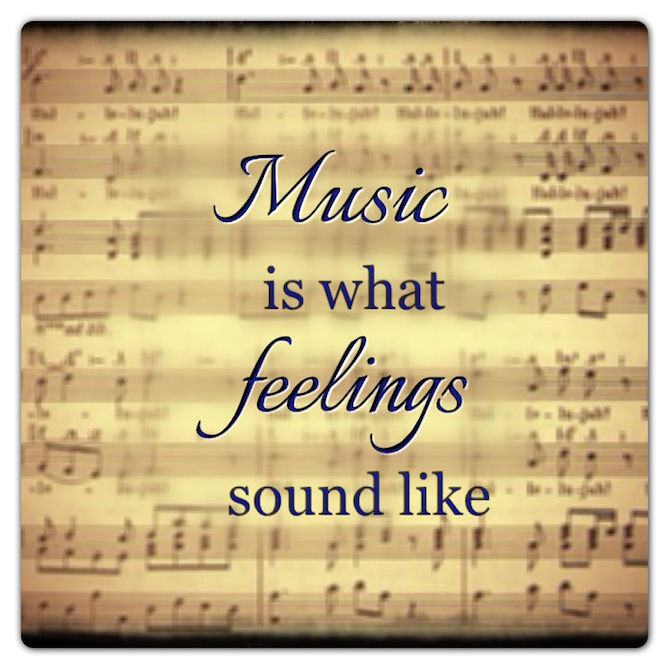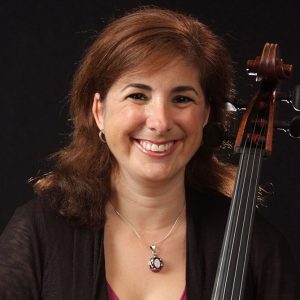
Defining the Intangible
Melissa Kraut
Several years ago I was asked to contribute to an article for Strings Magazine on “what teachers look for in an incoming student.” I was excited about the article—what a fantastic idea—a compilation of suggestions from teachers who listen to 100+ cellists a year auditioning for music schools! Despite my best intentions, I still haven’t crafted a contribution. (Here is where I should publicly apologize to the cellist, who is no doubt reading this entry, for the 3 year delay in responding to your request). My neglect was not for lack of interest, or lack of knowledge or experience on the subject. It came down to the difficulty in putting words to something that is so nebulous—defining the intangible. The title for this entry popped into my head during audition season this past winter. While sitting through the sixth day of auditions at CIM, I found myself reflecting on what it is that defines a “successful audition” and what teachers are looking for.
While I feel absolutely unable to answer for teachers everywhere, I DO think I have finally crafted MY answer to this very important question. Of course, there’s the obvious. At any incoming audition, I am looking for a student who is well set-up physically, plays with a clear, clean and developed tone, and plays with a strong sense of pulse and rhythmic accuracy. Intonation is important, especially since it is an indicator to the strength of the ear.
Playing the cello requires a tremendous amount of skill, and an incoming student should be able to demonstrate a certain level of technical proficiency. Being an artist, however, requires much more than skill; it is a combination of feelings that are nearly impossible to put into words—intangible. The irony is this—as difficult as it is to put into words, it is easy to see when this artistic ability is there. In college, we used to call this ability the “it factor.” “That person has IT.” Even back then we couldn’t define what it was that we were seeing.
I remember sitting in on an audition several years ago. (Disclaimer: the story you are about to read is true. All pieces and descriptions have been changed to protect the identity of the student). The student was somewhat of a disaster. He had a decent concept of sound and a great ear, but beyond that he had very little skill. There was no left-hand organization, every shift was a potential disaster, there was no awareness of bow strokes, articulation, bow division—you name it—it was a project. I sat uncomfortably through the etude, and was no less than wary when he announced that he would be playing Schumann Concerto. Then, it happened. Somewhere in the first phrase of the Concerto, the hair stood up on the back of my neck and I was hooked. He was admitted, attended, and has been one of the best experiences of my teaching career.
As I reflect back on that experience and others I have had since then, here are some words I have collected that define the “IT.” Breath, passion, commitment, tenacity, imagination, something to say, the way the body is fluidly connected to the instrument, courage, and finally, personality. At the end of a 15-minute audition, a teacher has to decide on a 4 year commitment to a student—and teaching music is a very personal subject area. While playing the cello requires a very specific set of finite skills, becoming a MUSICIAN is an infinite project; one which requires a great deal of creativity, expression, knowledge and personality. So to answer this question as succinctly as possible, I would have to say that I need to be able, in the course of a 15 minute audition, to see WHO YOU ARE. Is there something in your playing that touches me? Do you have something to say that is interesting? Are you able to convey these ideas? Are you comfortable expressing yourself? When evaluating an incoming student, I’m not looking for a finished product—obviously I would have no job if all students came in this way—but I am looking for possibility. Potential for something beyond the technique. Just a glimmer is all I need to see—if it is there at all, it can be drawn out and developed.
If there is one thing I would suggest to all students as they prepare for auditions it would be this: reveal yourself. Show who you are, how you feel about music, and what you are passionate about. Don’t hold back.
After silence, that which comes nearest to expressing the inexpressible is music.
-Aldous Huxley
Subjects: Auditions
Tags: articulation, Auditions, bow, bow speed, career, cello, cellobello, clarity, commitment, Concerto, connection, Development, Experience, expression, imagination, intentions, intonation, knowledge, Kraut, Melissa, musicianship, passion, possibility, potential, quality, reflection, skill, sound production, Strings Magazine, students, success, suggestions, Technique, tone, vibrato
